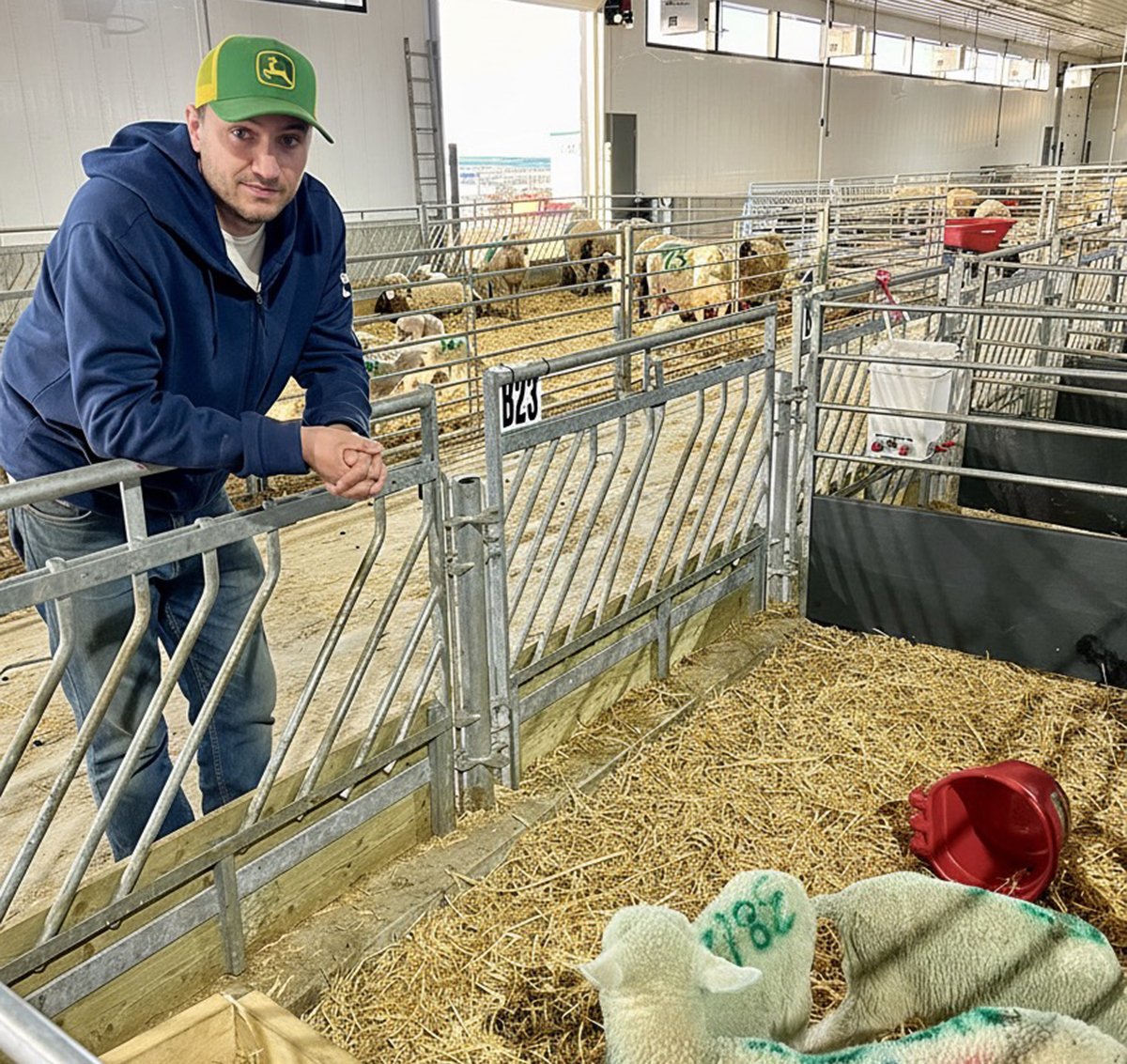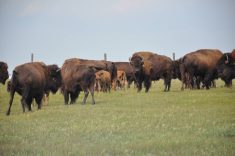Cattle industry officials see Macau’s agreement to accept Canadian beef as a wedge in the door to the large Asian market.
Macau, an administrative district of China located between China and Hong Kong, agreed to accept all beef products from Canada as of Feb. 26. It is the first market in the China region to accept Canadian beef.
Only 500,000 people live in Macau, a former Portuguese colony, but Ben Thorlakson, chair of the Canada Beef Export Federation, said it may offer an opening to Hong Kong.
Read Also

Solar, sheep provide valuable farm diversification
Eric Steeves says raising sheep on forages grown under solar panels provided economic stability and perhaps even saved his family’s fifth generation southern Alberta grain farm.
Last year China, Hong Kong and Macau imported 128,000 tonnes of Canadian beef and offal products. Whole muscle cuts made up 73,000 tonnes and edible offal and thin meats amounted to 55,000 tonnes.
Thorlakson and other industry and government officials recently returned from a tour of Taipei, Taiwan, Seoul, South Korea, Mexico City and Toronto. He left for another trip March 6 covering Shanghai, China, Hong Kong and the Japanese cities of Tokyo and Osaka.
“It’s going to take a little while to resolve this situation but I’m confident that we will have a normalization of trade,” he said.
In CBEF-sponsored food safety seminars and meetings, Asian government officials, regulators and health professionals heard about risk levels to human health.
They were also told what is being done in Canada’s beef sector since a single case of BSE was announced last May 20.
Getting Canadian beef back into these countries is crucial to add value to the products.
Asians place high value on cuts and offal products not commonly eaten in Canada.
Losing an outlet for those cuts has driven down butchered steer values in Canada.















